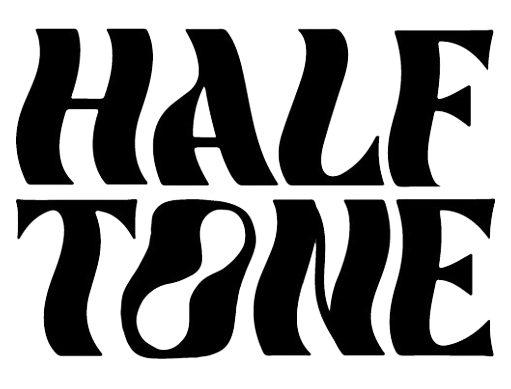

Misogyny in the UK Music Industry Report
Table of Contents
UK Government Calls for Legislative Fix to Entrenched Misogyny Across Music Industry

The UK music industry, long celebrated as a beacon of cultural expression, is currently under scrutiny for deep-rooted issues of misogyny and discrimination. A comprehensive 70-page report by the Women and Equalities Committee has laid bare the endemic nature of these problems, calling for significant legislative changes to combat them. This article delves into the report’s findings and the proposed solutions aimed at transforming the industry.
Report Findings: A Culture of Misogyny
The report, as detailed by Euronews, paints a grim picture of the music industry, describing it as a “boys’ club” where sexual harassment, discrimination, and abuse are rampant. Women in key roles are notably underrepresented, and the prevalence of sexual harassment and abuse is disturbingly high. A significant barrier to addressing these issues is the widespread use of non-disclosure agreements (NDAs), which perpetuate a culture of silence, preventing many from speaking out for fear of career repercussions.
The Plight of Freelance Workers
Freelance workers in the music industry are particularly vulnerable. The existing legislative framework offers them less protection compared to those in more formal employment arrangements. This lack of protection, combined with the informal and often late-night nature of the music industry’s working environments, exacerbates the risks they face, leading to unsafe working conditions.
Proposed Legislative Changes
The committee has put forth several proposals to address these challenges:
-
Ban on NDAs: A key recommendation is the prohibition of NDAs in cases involving sexual abuse, harassment, or misconduct. This move aims to dismantle the culture of silence that has shielded perpetrators and silenced victims.
-
Enhanced Protection for Freelancers: Amendments to the Equalities Act are suggested to extend more protections to freelance workers, aligning them with the rights of those in standard employment.
-
Extension of Tribunal Time Limits: To accommodate the often delayed reporting of bullying and harassment, the report suggests extending the time limit for bringing Equality Act-based cases to the employment tribunal from three to six months.
Annie Mac's Comments
In response to the Women And Equalities Committee’s report on misogyny in the music industry, former BBC Radio 1 DJ Annie Mac has expressed strong support and concern. Through her official Instagram account, Mac acknowledged the report’s findings, stating that the music industry is dominated by men who hold most of the financial and influential power. She highlighted the consistent undermining, underestimation, and unsafe situations faced by women, particularly young women and young women of color.
Mac emphasized the systemic nature of these issues, spanning various sectors of the industry including recording studios, live performances, publishing, and labels. She also provided a resource for those affected by misogyny, harassment, or sexual assault in their workplace, directing them to contact CIISA (The Creative Industries Independent Standards Authority).
Gender Imbalances in Education and Talent Development
The report also sheds light on gender imbalances within music education and talent development. Certain instruments, roles, courses, and genres are heavily gendered, creating environments that are unwelcoming to women and girls. These issues are compounded by the lack of female role models, particularly in fields like music technology and jazz.
Responses from Industry and Government
The findings and recommendations have prompted responses from various quarters. Caroline Nokes MP, Chairwoman of the Women and Equalities Committee, emphasized the need for a behavioral shift in the industry, particularly among men, to foster an environment where women can thrive equally. The British Phonographic Industry (BPI) acknowledged the report, recognizing the shared responsibility across the industry to tackle misogyny head-on.
The report by the Women and Equalities Committee marks a critical step in acknowledging and addressing the systemic misogyny in the UK music industry. The proposed legislative changes, if implemented, could herald a new era of safety, equality, and respect for all in the industry. However, the transformation required is not just legal but cultural, necessitating a concerted effort from all industry stakeholders to create a truly inclusive and equitable music environment.
Related Posts


Best New Tracks May 2025
Support Halftone Magazine
Signup to our Newsletter for the latest albums, content and deals.

